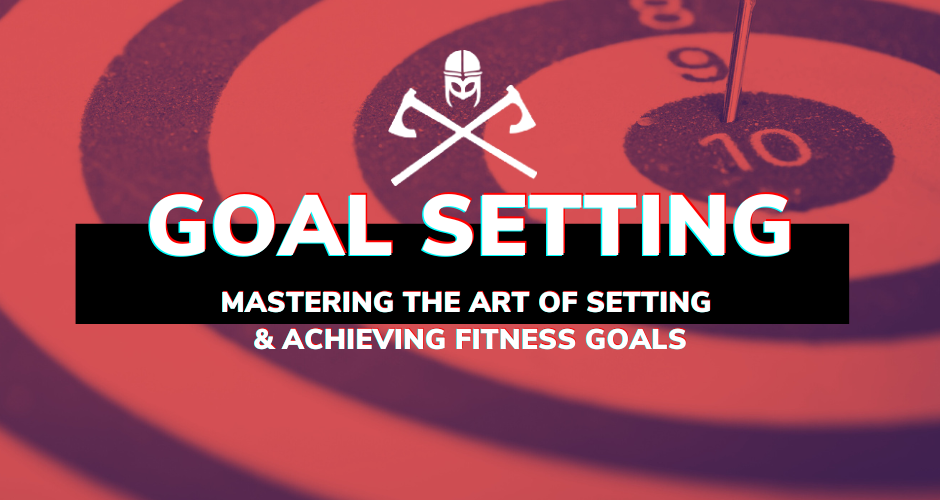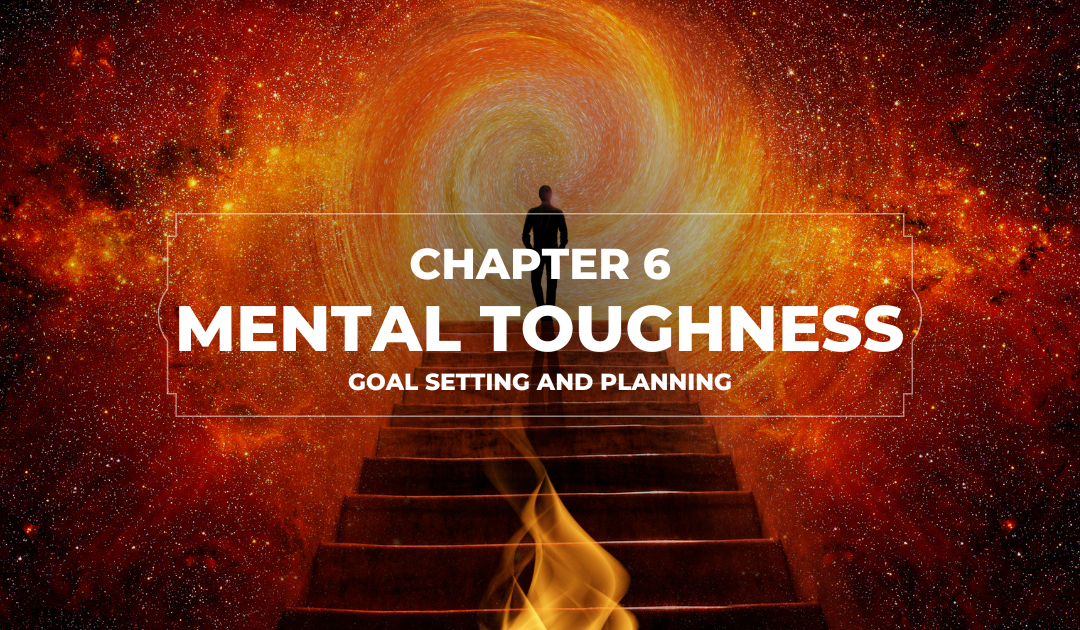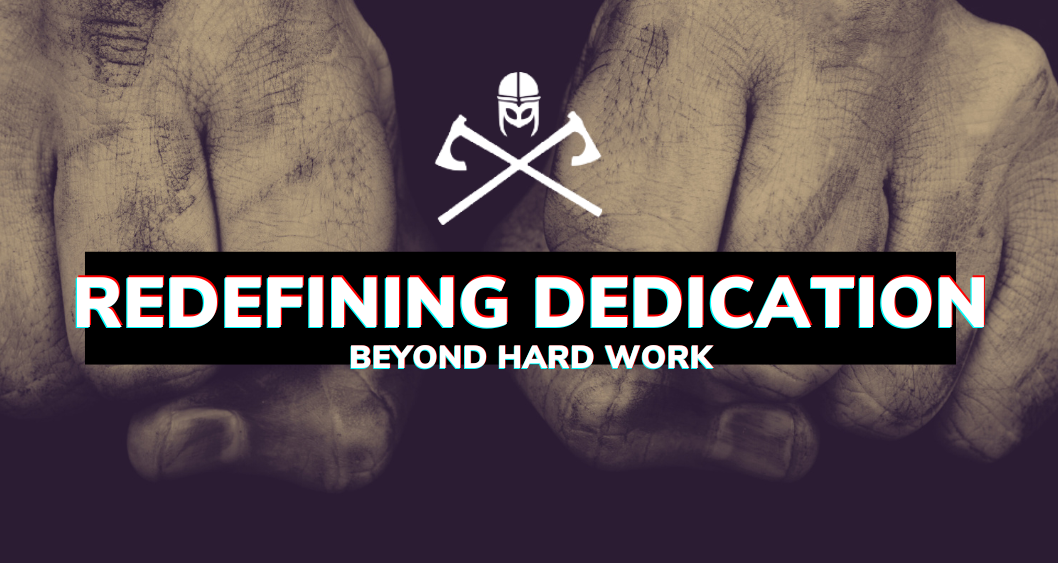
by Gene Crawford | Aug 29, 2023 | Blog
In a world marked by constant change and unforeseen challenges, the concept of “Shikata ga nai” holds immense wisdom. Originating from Japanese culture, this phrase translates to “it cannot be helped.” At its core, it underscores the importance of acknowledging and embracing the aspects of life that are beyond our control. Let’s explore how the philosophy of Shikata ga nai intertwines with Stoic principles, offering a pathway to a more resilient and empowered life.
Shikata Ga Nai: A Glimpse into Acceptance
The essence of Shikata ga nai resonates profoundly with Stoic philosophy. Often, the source of our discontent stems from the misalignment between our expectations and the reality we face. We find ourselves yearning for situations to conform to our desires, even when circumstances dictate otherwise. Shikata ga nai serves as a gentle yet powerful reminder to come to terms with life’s uncontrollable variables. By doing so, we unlock a liberating sense of acceptance.
Liberating Wisdom of Acceptance
Embracing Shikata ga nai doesn’t imply resignation; instead, it emphasizes the liberation that accompanies acknowledging our limitations. This concept encourages us to release the burdens of frustration and angst that arise when we fight against the unchangeable. Through acceptance, we create space for a more profound understanding of ourselves and the world around us. This newfound clarity empowers us to channel our energy and efforts more constructively.
Navigating Life’s Seas with Shikata Ga Nai
Picture life as a vast ocean, with its unpredictable tides and currents. Applying Shikata ga nai to our journey is akin to setting sail with a well-calibrated compass. By recognizing the elements we cannot control, we steer away from wasted endeavors and chart a course towards meaningful change. This philosophy prompts us to direct our focus towards the aspects that are within our grasp—areas where our actions can yield positive transformation.
The Beauty of Prioritization
Shikata ga nai guides us in discerning where to invest our energy. Instead of being consumed by unproductive resistance, we embrace a strategic approach to change. As we let go of the unchangeable, we discover the beauty of prioritization. This shift empowers us to allocate our time and resources to ventures that hold the potential for growth and advancement.
Empowerment through Shikata Ga Nai
When we internalize the essence of Shikata ga nai, we unlock a wellspring of empowerment. This philosophy is not about passive surrender; it’s about making a conscious choice to navigate life’s complexities with grace and resilience. By redirecting our focus from the uncontrollable to the actionable, we embark on a transformative journey of self-improvement and personal growth.
A Final Word
In a world that often demands control, Shikata ga nai invites us to embrace the power of surrender. This surrender is not defeat; rather, it’s an acknowledgment of the intricate dance between what we can and cannot change. As we weave this philosophy into our lives, we find ourselves standing on the shores of acceptance, gazing out at the vast ocean of possibilities. So, let us remember the wisdom of Shikata ga nai, allowing it to guide us towards a life of purpose, resilience, and profound transformation.

by Gene Crawford | Aug 27, 2023 | Podcast
In this LIVE episode, Heather and I unveil the secrets of setting achievable fitness goals that foster consistent progress. From goal setting to performance measurement, we’ve got it all covered. Whether you’re aiming to attend a certain number of classes each week or aspire to master a pull-up, we walk you through how to set these goals and gradually build upon them. But that’s not all! We also explore the power of group workouts, the role of a coach, and how modern tools and apps can aid in your fitness journey. We discuss the importance of maintaining momentum, setting new goals, and celebrating small milestones. This episode is jam-packed with practical advice, motivational tips, and a deep dive into all things fitness. Ready to embark on your fitness journey?
(more…)

by Gene Crawford | Aug 24, 2023 | Blog
In this chapter, we will explore the importance of goal setting and planning, and how they relate to mental toughness. We will discuss the benefits of setting SMART goals, and provide practical tools and techniques for developing a plan to achieve those goals.
Goal setting and planning are essential components of mental toughness and achieving success. They involve identifying specific, measurable, achievable, relevant, and time-bound (SMART) goals, and developing a plan to achieve them. In this chapter, we will explore the importance of goal setting and planning, and how they relate to mental toughness. We will discuss the benefits of setting SMART goals, and provide practical tools and techniques for developing a plan to achieve those goals.
SMART Goal Framework
Setting SMART goals is critical for developing mental toughness, as it provides a clear roadmap for achieving success. SMART goals are specific, measurable, achievable, relevant, and time-bound. By setting SMART goals, individuals can clarify their objectives and track their progress towards achieving them. This can help boost motivation, focus, and resilience, and enable individuals to achieve their goals more efficiently and effectively.
Explanation of Specific, Measurable, Achievable, Relevant, Time-Bound
Specific:
A specific goal is clearly defined and focuses on a particular outcome. It answers the “what,” “why,” and “how” of your goal. A specific goal provides clarity and eliminates ambiguity, making it easier to understand and work towards.
Example: Instead of setting a vague goal like “Get in shape,” a specific goal would be “Lose 10 pounds of body weight by following a balanced diet and attending CrossFit classes.”
Measurable:
A measurable goal is one that can be quantified or tracked. It involves defining concrete criteria for success so you can measure your progress and determine when you’ve achieved your goal.
Example: Rather than stating “Improve my kickboxing skills,” a measurable goal would be “Increase my kickboxing speed and accuracy by practicing daily and consistently hitting targets during training.”
Achievable:
An achievable goal is realistic and attainable based on your current resources, skills, and circumstances. It ensures that your goal is challenging enough to motivate you, but not so unrealistic that it becomes discouraging.
Example: Instead of setting an overly ambitious goal like “Win a kickboxing championship within a month,” an achievable goal would be “Compete in a local kickboxing tournament and advance to the semi-finals by six months from now.”
Relevant:
A relevant goal is aligned with your values, aspirations, and long-term objectives. It ensures that your goal contributes to your overall growth and is meaningful within the context of your life or organization.
Example: Rather than pursuing a goal that doesn’t align with your interests, a relevant goal would be “Improve my cardiovascular fitness through CrossFit and kickboxing to support my overall health and energy levels.”
Time-Bound:
A time-bound goal has a specific deadline or timeframe for completion. It adds a sense of urgency and prevents procrastination, allowing you to stay focused and motivated.
Example: Instead of having an open-ended goal like “Master advanced kickboxing techniques,” a time-bound goal would be “Perfect the advanced spinning back kick technique within three months of consistent practice.”
Here are some practical tips for setting and achieving SMART goals:
Identify specific and measurable goals: Be clear and specific about what you want to achieve, and ensure that your goals are measurable so that you can track your progress.
Ensure your goals are achievable: Set goals that are challenging but realistic. Consider your current abilities, resources, and time constraints when setting your goals.
Make your goals relevant: Ensure that your goals are relevant to your values, interests, and long-term aspirations. This will help boost motivation and commitment.
Set a deadline for achieving your goals: Establish a deadline for achieving your goals to help create a sense of urgency and accountability.
Develop a plan of action:
Break down your goals into smaller, manageable tasks and develop a plan to achieve them. Identify potential obstacles and develop strategies for overcoming them.
Goal setting and planning are essential components of mental toughness and achieving success. By setting SMART goals and developing a plan to achieve them, individuals can boost their motivation, focus, and resilience, and achieve their objectives more efficiently and effectively. With intentional effort and practice, anyone can develop the skills and strategies needed to set and achieve SMART goals.

by Gene Crawford | Aug 21, 2023 | Blog
In the realm of aesthetic philosophy, a captivating concept emerges from the heart of Japan – Wabi-Sabi. This intriguing philosophy extols the virtues of simplicity, authenticity, and the allure of imperfections found in nature. With an innate appreciation for the incomplete, the impermanent, and the weathered, Wabi-Sabi unveils a profound perspective on the world.
Discovering Wabi and Sabi: An Aesthetic Journey
Wabi: The Elegance of Rustic Simplicity
At the core of Wabi-Sabi lies wabi, a term encapsulating the charm of rustic simplicity and unadulterated naturalness. Rooted in understated elegance, wabi celebrates the beauty found within the modest and unassuming facets of life. It is an ode to the allure of the ordinary, to the elegance that flourishes in the mundane and everyday.
Sabi: The Allure of Aged Beauty
Contrastingly, sabi beckons the allure of aged beauty, paying homage to items that bear the marks of time’s passage. It’s a tribute to the history etched in worn and weathered objects, invoking a sense of nostalgia and serene tranquility. Sabi embraces the beauty of the imperfect and the ephemeral, drawing strength from the acceptance of life’s transient nature.
The Harmony of Wabi-Sabi: Embracing Life’s Imperfections
The synergy of wabi and sabi crafts a worldview that embraces life’s transient essence and the intrinsic beauty within its imperfections. This philosophy invites us to perceive the world with fresh eyes, relishing the elegance of the natural and the charm of the imperfect. It inspires us to unravel the hidden allure in things not considered perfect, and to embrace the continual ebb and flow of time.
Wabi-Sabi Beyond Aesthetics: A Life’s Lesson
Transcending Aesthetics: A Guide to Embracing Imperfection
The teachings of Wabi-Sabi transcend the realm of aesthetics and offer poignant life lessons. By imbibing its principles, we cultivate an appreciation for the beauty concealed within imperfections. Wabi-Sabi encourages us to release the notion that perfection is requisite for beauty and value. Instead, it celebrates the distinct characteristics and qualities that make each object unique, irrespective of societal standards.
The Elegance of Impermanence: Finding Beauty in Change
Furthermore, Wabi-Sabi urges us to acknowledge the transitory nature of existence, compelling us to recognize the elegance in the ceaseless passage of time and its transformations. This perspective fosters a mindfulness of the present, inviting us to treasure the current moment rather than fixating on the past or apprehending the future.
Elevating Well-Being: The Liberating Power of Wabi-Sabi
Alleviating Stress and Cultivating Peace
In a world that often demands perfection and control, Wabi-Sabi serves as a soothing balm for stress and anxiety. It reminds us that not everything can be controlled and that mistakes are part of growth. This philosophy encourages self-acceptance and a harmonious relationship with our surroundings, prompting us to embrace life’s imperfections and unearth tranquility within them.
The Path to Serenity: Wabi-Sabi’s Enduring Legacy
Wabi-Sabi holds the key to unlocking serenity in embracing imperfection. Through its lens, we learn to cherish the distinctive beauty within imperfections, embrace life’s impermanence, and bask in the present moment. By releasing the pursuit of perfection and relinquishing the desire for control, we embark on a journey towards tranquility, self-acceptance, and a profound understanding of life’s intricate tapestry.

by Gene Crawford | Aug 20, 2023 | Podcast
What does it mean to dedicate yourself to something? Is it about simply working hard, or is there more to it? Let’s peel back the layers of dedication together and discover how it goes beyond the mere grind, encapsulating a mindset of unwavering commitment, persistence, and focus even when faced with formidable challenges. We’ll examine its essence in business, shedding light on how success is not just about a brilliant idea or financial backing. But also, it’s a conversation about the vital need for dedication in every aspect of our lives.
As the journey unfolds, we delve into the key traits of dedication and how they can empower you to realize your goals. Get ready for valuable tips on maintaining unwavering focus, setting clear goals, and crafting effective strategies to reach them. Moreover, we’ll navigate through the intricate process of staying committed and enduring through the inevitable challenges. This episode aims to nurture a culture of commitment leading to success both in life and business. So, if you’re an entrepreneur, a martial arts enthusiast, or just someone eager to get a leg up in life, this episode is a treasure chest of insights for you.
(more…)





